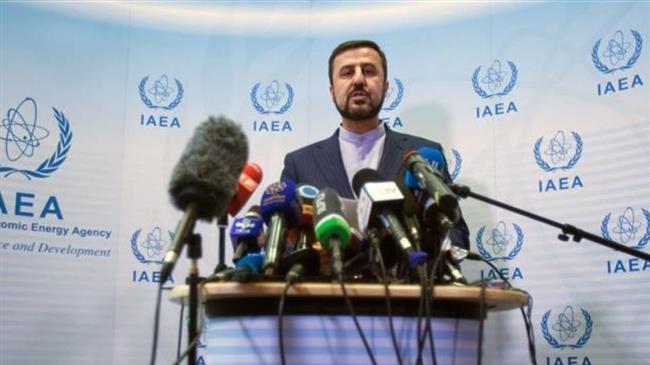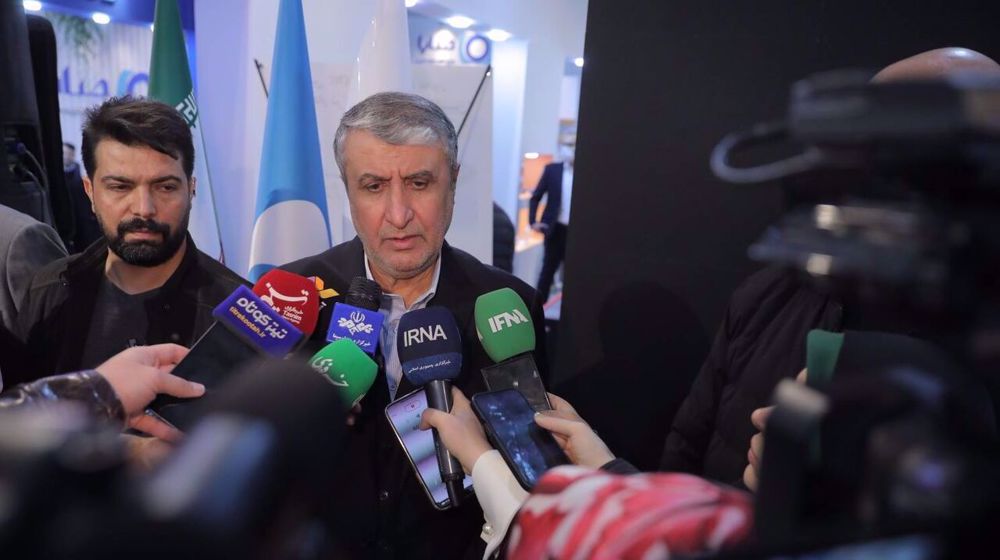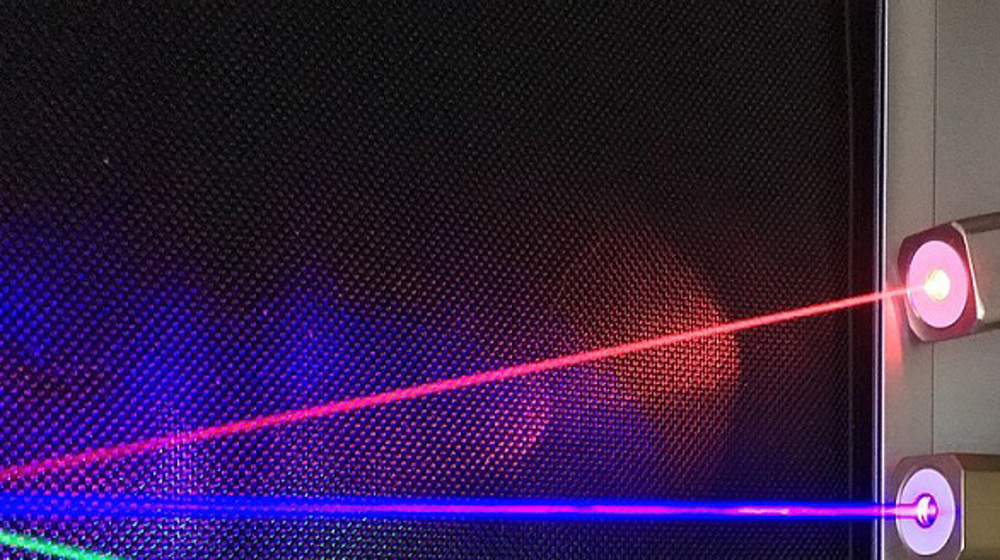No country opens its territory to inspection based on enemy claims: Iran envoy to IAEA
Iran’s permanent representative to Vienna-based international organizations says “no country will open its territory to the inspections” only based on continuous allegations provided by its own enemy.
Kazem Gharibabadi made the remarks on Thursday in an address to the Board of Governors of the International Atomic Energy Agency (IAEA), at a meeting focused on Iran and its refusal to allow access to two sites, which the IAEA alleges, based on Israeli reports, that are related to the country’s nuclear program.
“Possibly you may ask why Iran does not grant access to the two locations automatically. The answer is clear: as a matter of sovereignty, no country opens its territory to the inspections only based on continuous allegations provided by its own enemy, even if it is evident that the result of which will prove those allegations to be false,” the Iranian diplomat said.
He added, “I would like to ask the Member States to put themselves in our shoes and see if they are ready simply to engage with the Agency every now and then based on unsubstantiated allegations made by their adversaries?!”
Stressing Iran’s fundamental policy of cooperating with the IAEA in line with its obligations under the Safeguards Agreement, Gharibabadi said, “Iran acknowledges the Rights of the Agency for raising legitimate questions, seeking clarifications or requesting for access in line with its mandate and in accordance with the approved procedures, while it also underlines its rights as a Member State to seek for underlying reasons and supporting documents and argumentations from the Agency in this regard.”
The Safeguards Agreement ensures non-diversion of nuclear material declared by a country.
“Iran also believes that the obligations of Member States, which reflect the Rights of the Agency, are not unlimited and are defined within the framework of the relevant instruments. The Rights of the Agency and the obligations of its Member States are two sides of a coin which are supposed to be mutually reinforcing,” the envoy said.
The Iranian diplomat then warned that the current extensive level of cooperation between the Islamic Republic of Iran and the Agency has not been achieved easily, just to be diminished by imprudent political interests, referring to the Israeli provocations.
“As a result of the JCPOA, Iran implements Additional Protocol provisionally and voluntarily. Iran, alone, with 432 inspections in 2019, receives more than 20 percent of the Agency’s total inspections at the global level,” he said.
The IAEA’s 129-page 2019 Safeguards Implementation Report shows that the Islamic Republic had received the biggest part of the inspections that were carried out worldwide by the atomic organization in 2019. According to the report, the country received 21 percent of the entire visits that were made to various nuclear sites across the world by the Agency’s inspectors last year.
The inspections, which include unannounced visits, take place under the Islamic Republic’s 2015 nuclear agreement with world powers. Under the deal, known as the Joint Comprehensive Plan of Action (JCPOA), Iran voluntarily undertook certain limits to its nuclear activities.
Israel, however, has invariably been campaigning against the JCPOA. The United States left the deal illegally and unilaterally in 2018, in a move that was suspected to have been majorly encouraged by the Israeli regime.
Washington has rampped up its efforts to vilify Iran’s nuclear work in chorus with Tel Aviv since withdrawing from the JCPOA.
Iran faults Israel-sourced claims
Addressing the IAEA’s claims about possible nuclear activities in two sites to which the Agency has asked access, Gharibabadi said, “Iran has explicitly raised two main ambiguities and concerns, which are legal and legitimate. First, the requests by the IAEA are based on invalid and safeguards-irrelevant information which are neither publicly available (open-source information), nor valid and verifiable.... Second, Iran has also expressed its serious concerns over attempts to open an endless process of verifying and cleaning-up of ever-continuing fabricated allegations.”
Considering the above-mentioned legal ambiguities and concerns which still need further clarification, Gharibabadi noted, Iran has invited Deputy Director General for Safeguards Massimo Aparo to Tehran for further discussions or hold a meeting in Vienna with Iranian delegation at the earliest time convenient for the agency.
Scapegoating Iran
Iran’s ambassador then added, “While Iran expressed its readiness to continue its consultations with the Agency with a view to settle the thematic differences and resolve the issues at hand as soon as possible, the release of the current report by the Director General is received with deep regret and disappointment.”
He was referring to a Monday report by Rafael Mariano Grossi, in which the IAEA chief had expressed “serious concern” about Tehran’s refusal to lend credit to Tel Aviv’s allegations.
Gharibabadi said, “It is paradoxical that the Agency behaves in a way as if there is no other issue rather to report on Iran. We consider this way of conduct neither impartial nor professional, but a double standard.”
‘No two-hour war’: Iran vows immediate retaliation to any attack
Pezeshkian: US must end provocations if it seeks genuine diplomacy
Iran summons German ambassador over Merz’s ‘low-minded’ remarks
Iran's Armed Forces warn EU of ‘consequences’ of IRGC designation
Iran FM: EU’s blacklisting of IRGC a ‘major strategic mistake’
EU blacklists IRGC in legally flawed move irrespective of consequences
VIDEO | Press TV's news headlines
VIDEO | Afghanistan opens first specialized cancer hospital











 This makes it easy to access the Press TV website
This makes it easy to access the Press TV website